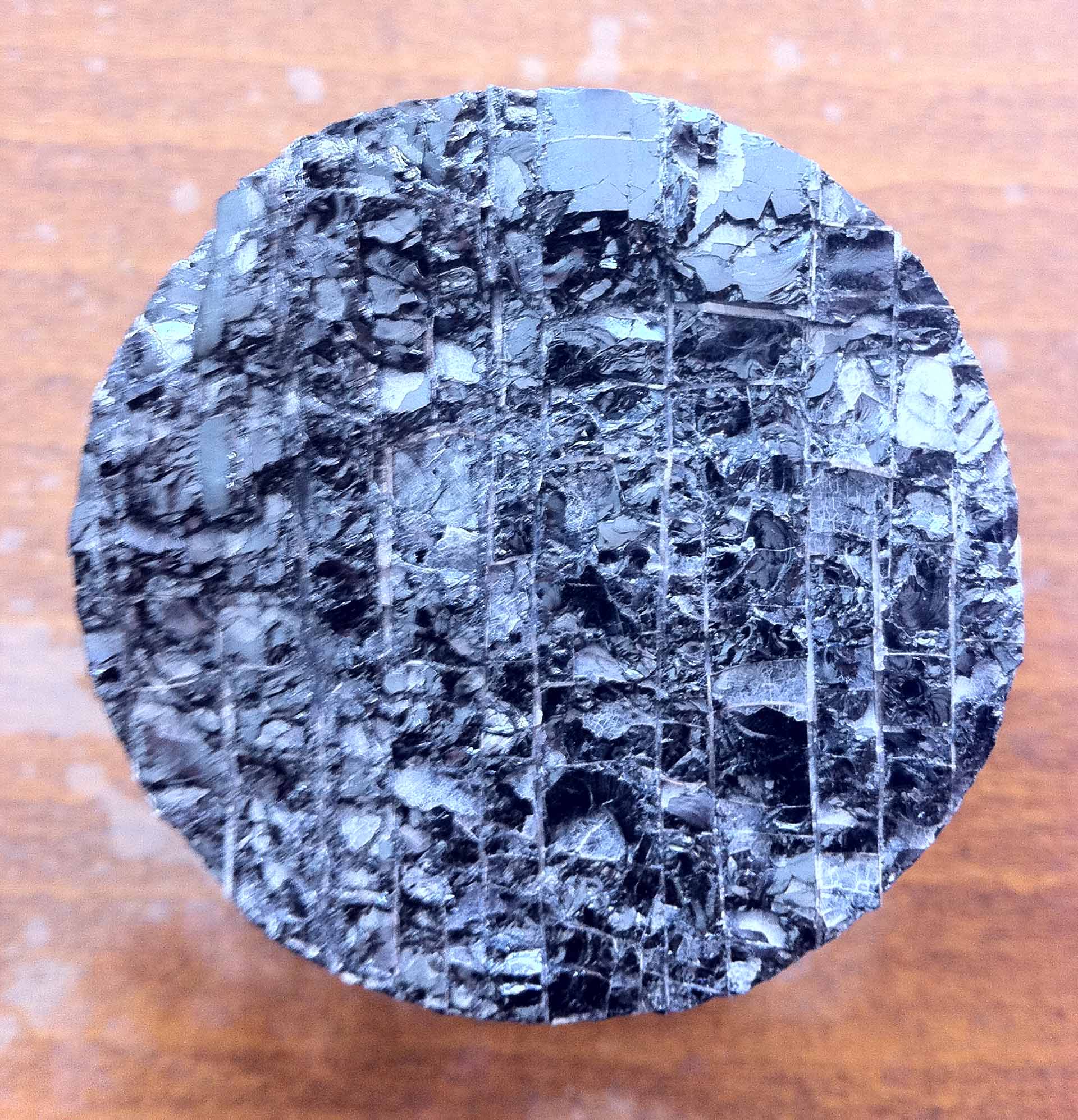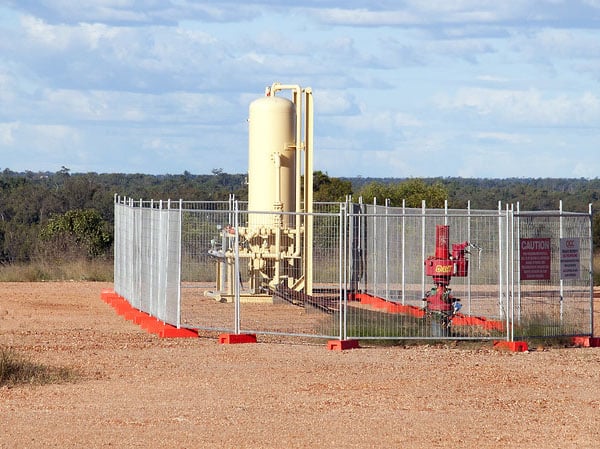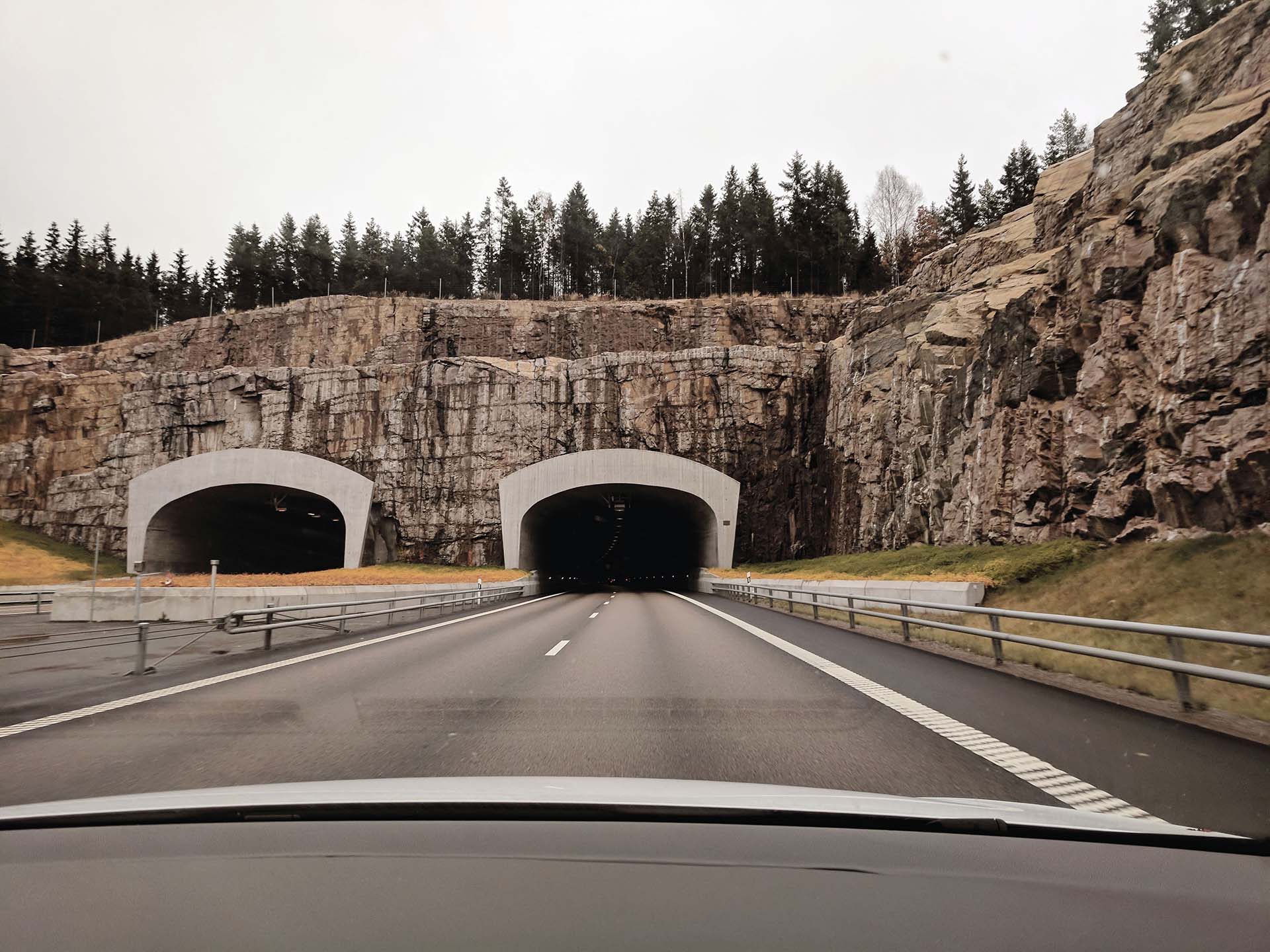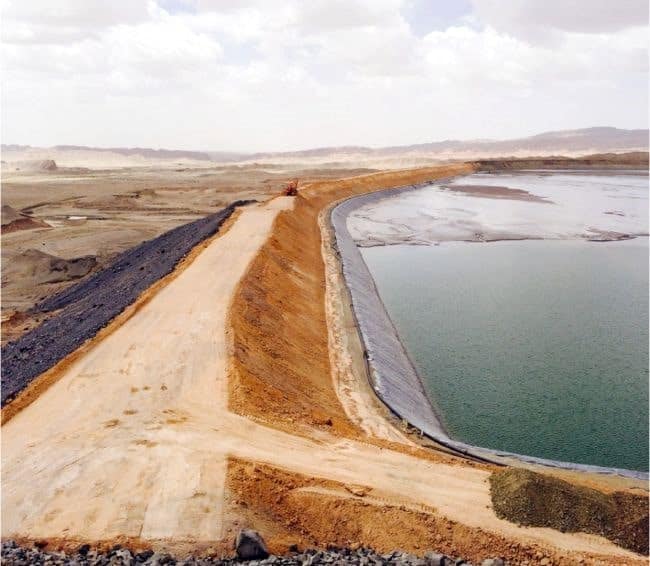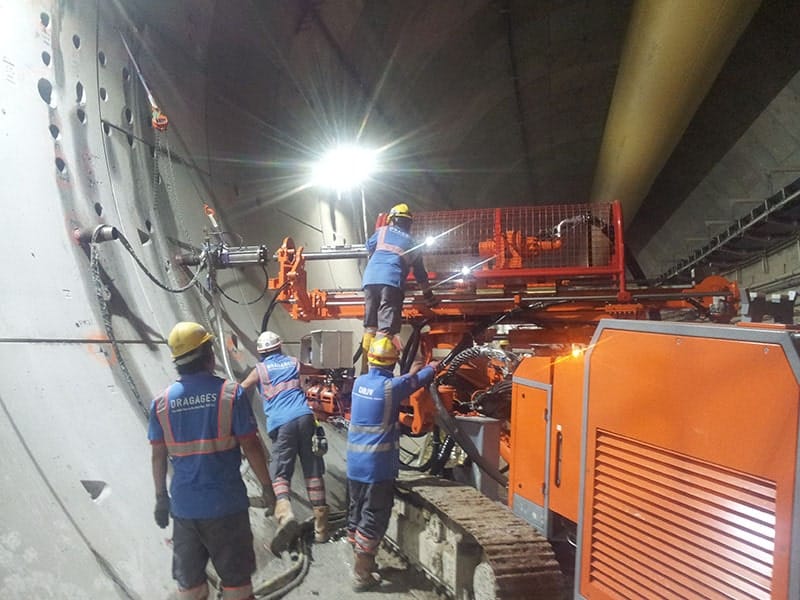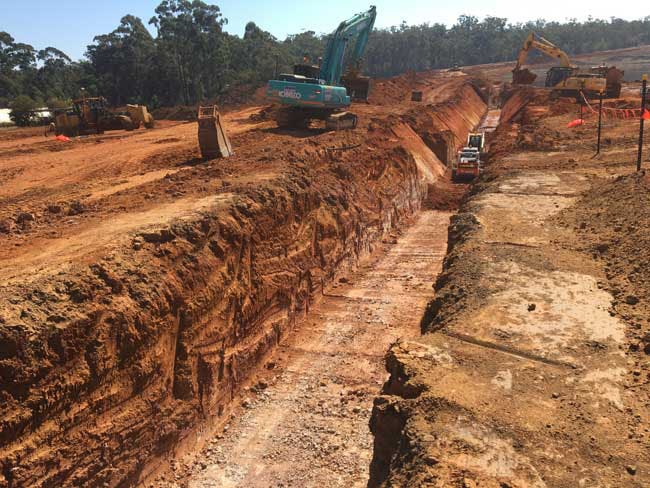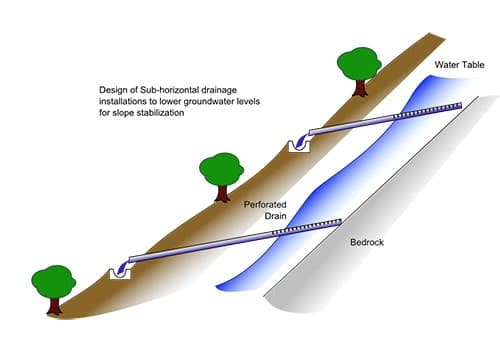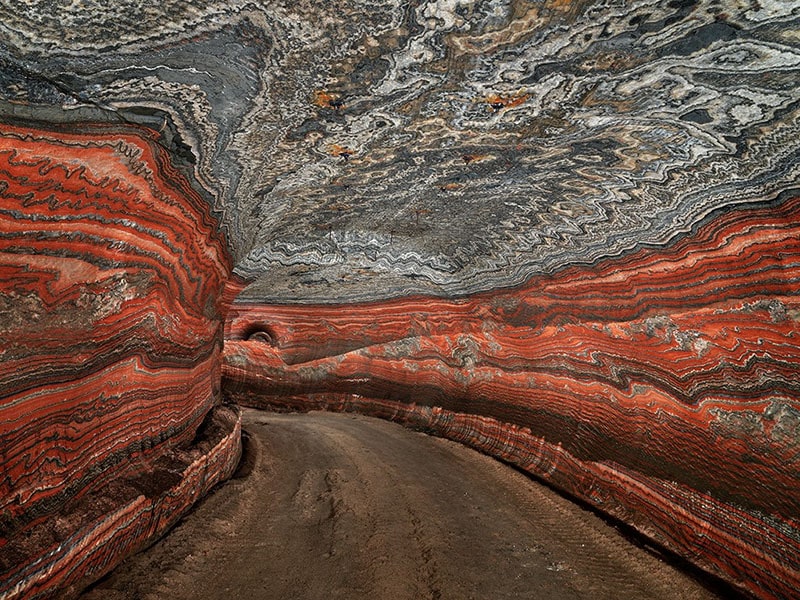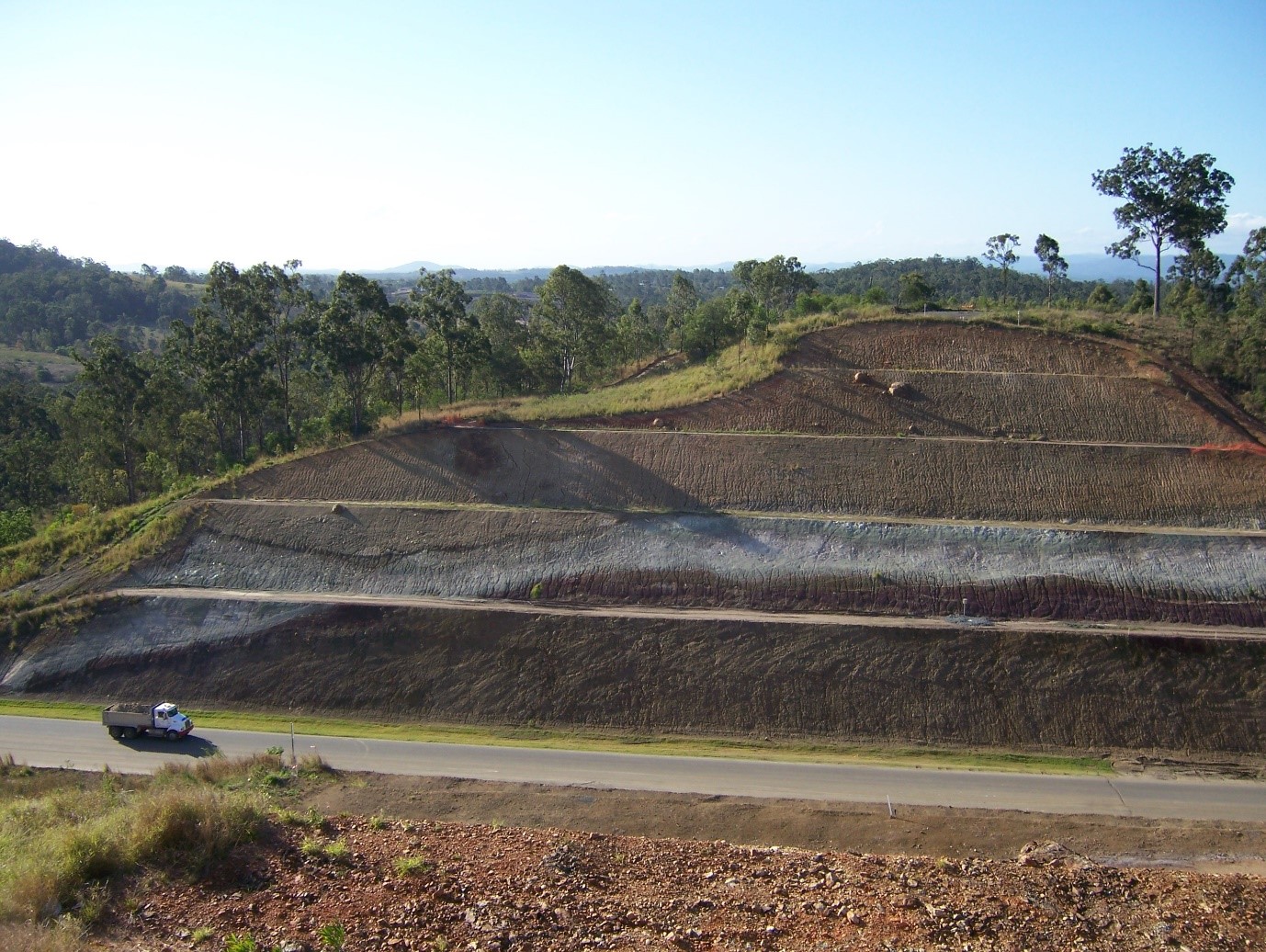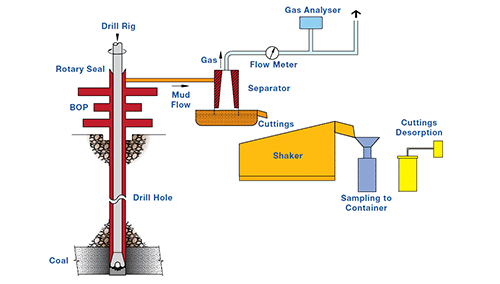Petroleum engineers also use the term geomechanics in the discussion of well bore stability which is usually in rock. The term rock mechanics is used to describe engineering related with rock alone, while the coal mining fraternity prefers to use the terms strata engineering or more usually strata control. This comes from the nature of the deposit that they mine.
These are all really the same thing. They are dealing with natural materials in the ground, and generally involve either cutting into that material or getting the cut material and stacking it up. The void created by cutting may be a shallow foundation at 1 m depth or a petroleum well at 3000 m depth. Whichever is the case, the rules governing that material’s behaviour are substantially strength, which may be thought of in simple terms as cohesion and friction, and the stress that acts within it. The world now thinks in terms of effective stress with soils but generally fails to consider it in rocks. Just as important as the ultimate strength of the material in question is the stress strain behaviour of the soil or rock mass. This will govern how the stresses are distributed or re-distributed.
Because all operations in the ground require knowledge of what it consists of a knowledge of the geology of the area under consideration is vital.
For convenience of presentation this topic is subdivided into the areas of rock, coal and shales, evaporites and soils along with the specific properties and tests that apply to these areas.


